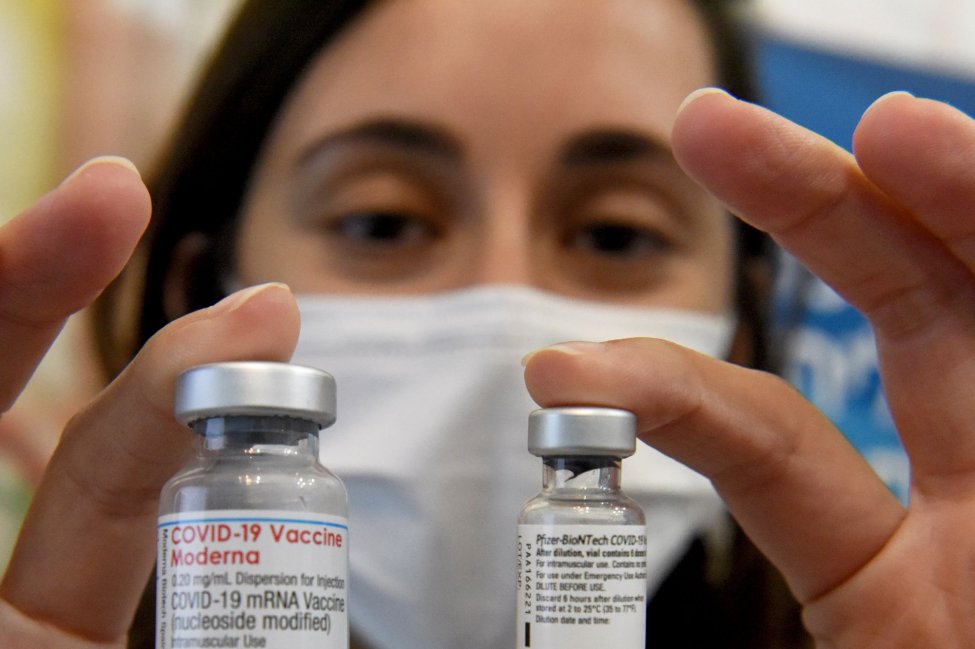Dec. 2 (UPI) — COVID-19 vaccines offer less protection in people with cancer undergoing chemotherapy, but are still better than no protection at all, a study published Thursday by JAMA Oncology found.
Cancer patients who received chemotherapy within three months of their first dose of either the Moderna or Pfizer-BioNTech vaccines had a 57% lower risk for symptomatic illness following COVID-19 infection after being fully vaccinated than those who were not vaccinated, the data showed.
However, women with breast cancer treated with endocrine, or hormone, therapy within three months of getting vaccinated had 76% protection against the virus after becoming fully vaccinated.
Meanwhile, cancer patients who had not undergone treatment of any kind for at least six months before receiving the COVID-19 vaccine had 85% protection against the virus once they became fully vaccinated, according to the researchers.
People are considered fully vaccinated 14 days after receiving the second dose of either the Moderna or Pfizer-BioNTech vaccines, both of which require two shots.
Cancer patients who received the one-dose Johnson & Johnson vaccine were excluded from the analysis, the researchers said.
“COVID-19 vaccines are effective in patients with cancer, but effectiveness appears to be reduced in certain groups, especially those actively receiving chemotherapy and those who are immunocompromised for another reason,” study co-author Nathanael R. Fillmore told UPI in an email.
“However, for some other groups, such as those receiving only endocrine therapy, effectiveness appears to be similar to that observed in the general population,” said Fillmore, associate director for machine learning and advanced analytics with the VA Boston Healthcare System.
The Moderna and Pfizer-BioNTech vaccines lower the risk for serious illness following COVID-19 infection by more than 90% in those who are fully vaccinated, studies by the Centers for Disease Control and Prevention found.
That figure, howver, is for currently circulating variants of the virus — such as the Delta strain, and not the new Omicron strain — and for people who are not immunocompromised, meaning they do not have weakened immune systems.
Previous studies have found that people with cancer and those undergoing certain treatments for the disease have weakened immune systems and thus poorer responses to the COVID-19 vaccines, indicating the need for booster doses.
Still, given the increased risk for serious illness and death from COVID-19 for people with cancer, vaccination is vital, researchers say.
For this study, Fillmore and his colleagues analyzed data on more than 29,000 cancer patients who were fully vaccinated against COVID-19 and compared infection rates within this population to those of a similar number of unvaccinated cancer patients.
Within an average of seven weeks after becoming fully vaccinated, 161 study participants in the vaccinated group tested positive for COVID-19, while 275 in the unvaccinated group tested positive.
There were 17 COVID-19-related deaths in the vaccinated group and 27 in the unvaccinated group, the researchers said.
Vaccine efficacy for all cancer patients in the study, whether or not they had recently undergone treatment, was 58%.
“Our findings suggest that vaccines may not be as effective at preventing infections in some groups of patients with cancer, meaning that these patients may still be at risk of becoming infected even though they are vaccinated,” Fillmore said.
“Thus, even after vaccination, these patients may need to continue to exercise caution and limit their exposure to potential infection,” he said.
